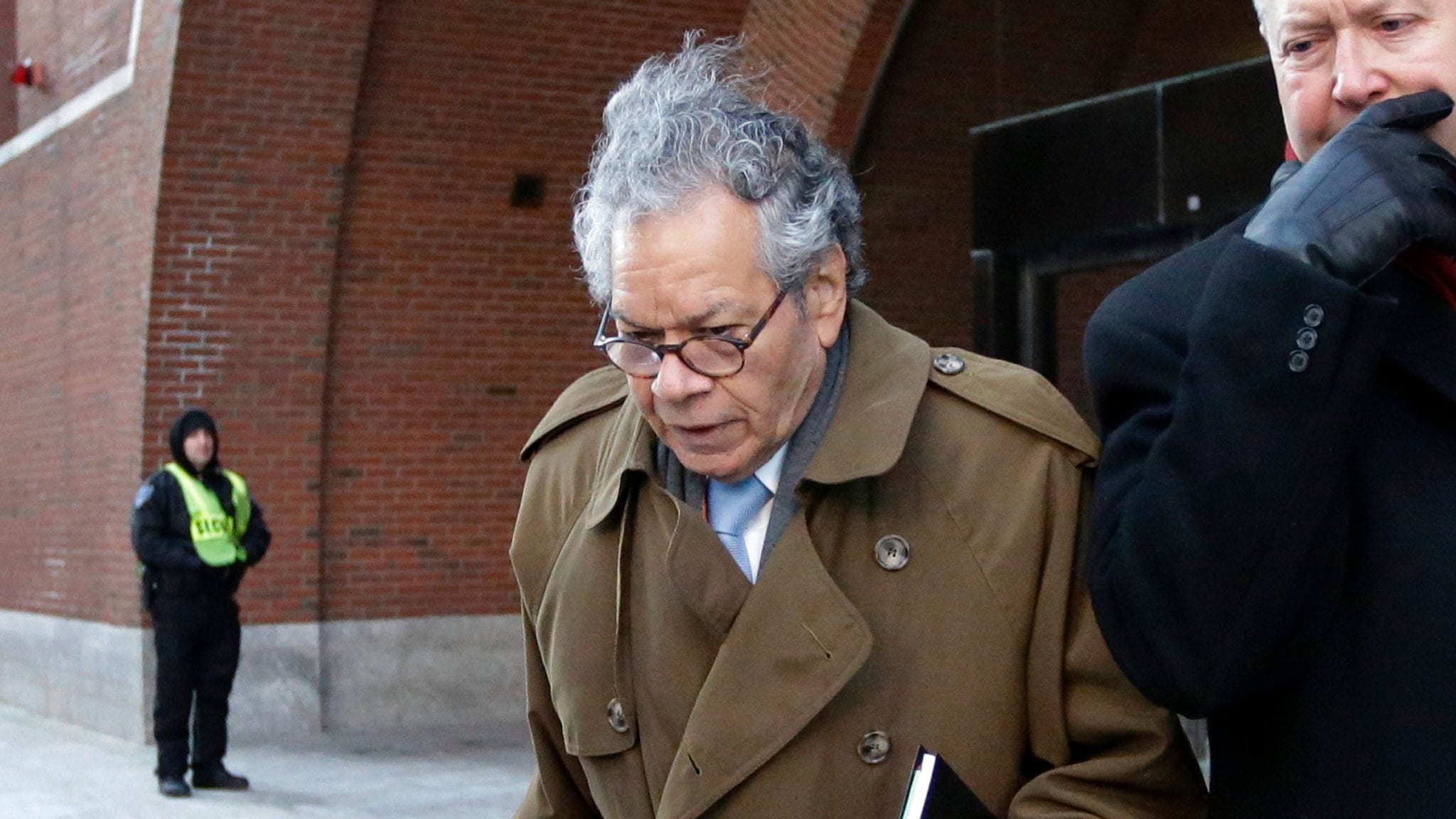
Insys founder, former execs face decades in jail after being found guilty in landmark opioid case
Insys should’ve paid heed to this ill-fated line from its own sales rap song. “If you want to be great, listen to my voice. You …
Sign up to read this article for free.
Get free access to a limited number of articles, plus choose newsletters to get straight to your inbox.